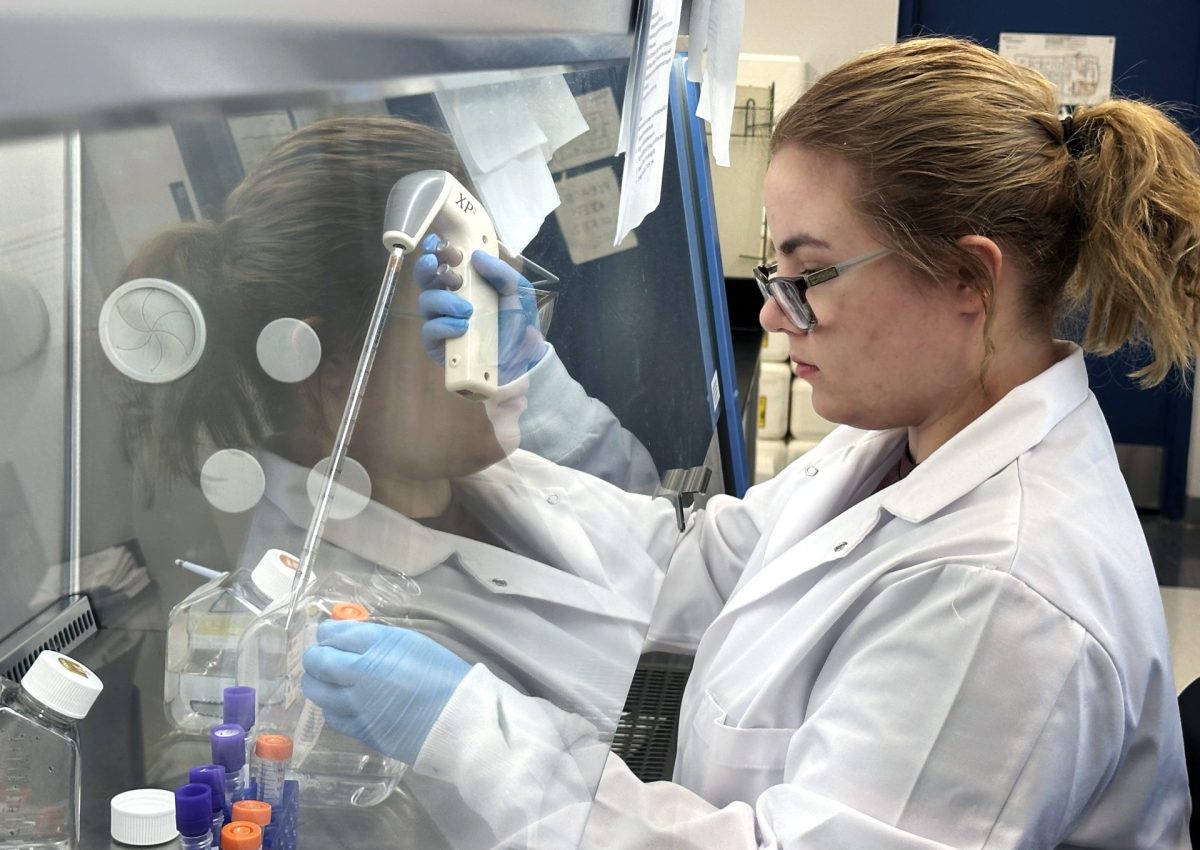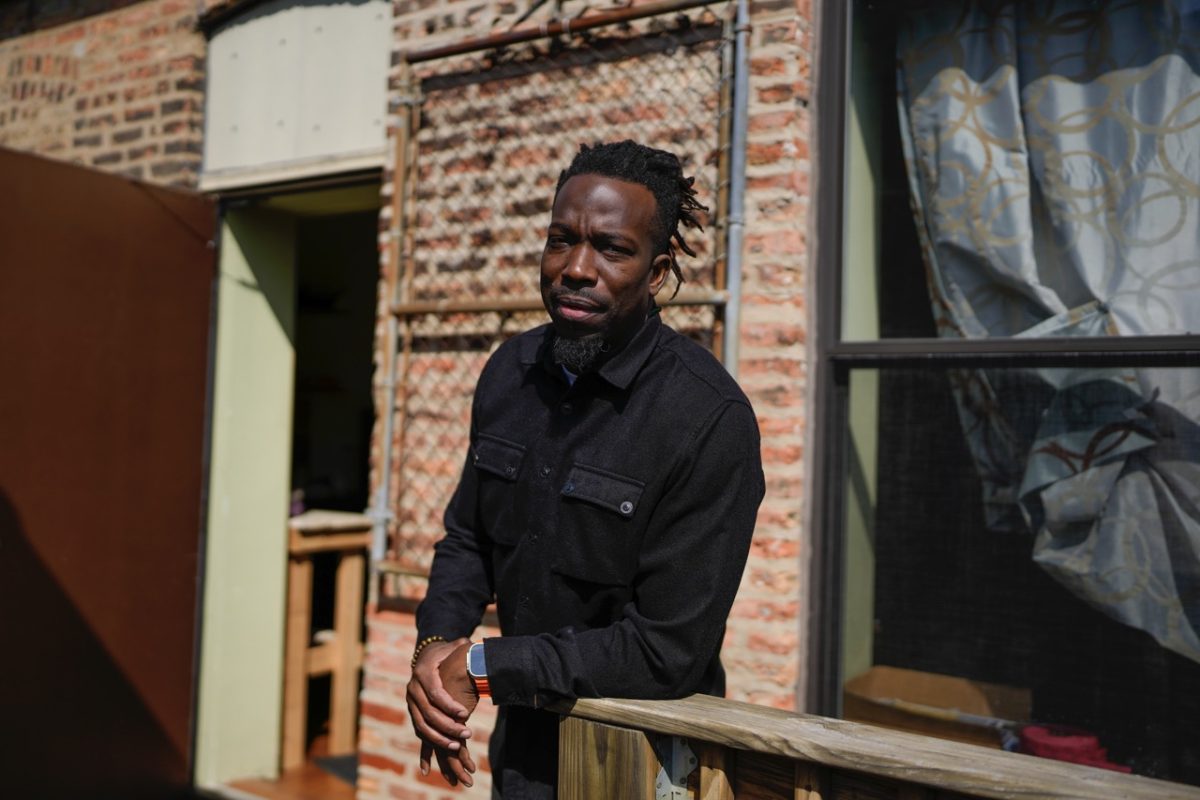At 6 a.m. March 21, Chicago Public School principals began to receive word of whether their schools would be closed or turned around at the end of this academic year. The final list includes 50 schools, primarily on the South and West sides, making this the largest single round school closing in the nation.
Though there are at least four distinct DePaul-CPS partnership programs available through Enrollment Management and Marketing alone, Jean Vipond, assistant director for academic development in DePaul’s Steans Center for Community-based Service Learning and Community Service Studies, said she believes the School of Education will be impacted the most by the school closings.
Student teachers in DePaul’s School of Education are regularly placed in CPS.
“We have a strong relationship with the Chicago Public Schools,” said Kate Liston, director of field experiences and student teaching in the School of Education.
JosephStockton Elementary Schoolhas hosted DePaul student teachers in the past. After appearing on the list, Stockton will now merge with Mary E. Courtenay Elementary School, with Courtenay moving in and taking charge.
JosephBrennemann Elementary School, another Ravenswood school in which DePaul students have observed classrooms, has been saved from closure.
“We have all been notified regarding the Brennemann School auction,” announced Principal Sarah Abdelal over the intercom at the conclusion of the school day. “Our school will remain open.”
DePaul’s School of Education’s network of schools include the Archdiocese of Chicago, charter schools and even schools outside of the state of Illinois in the case of hardship, which can include a partner’s job transfer, illness of a parent or financial hardship, among others. Because of this, Liston is not concerned about the future placement for student teachers in the coming year.
“We have relationships with so many schools that we will be able to find an equally excellent student teaching placement at another school within the geographic location the student teacher wishes to teach,” said Liston.
Based in the School of New Learning, the Polk Bros. Foundation Center for Urban Education at DePaul uses research-based structures to improve instruction in classrooms, particularly in math and literacy.
Barbara Radner, the director of the center, acknowledges that the effects of the school closings will be many, but her thoughts are with DePaul alumni especially. She said that alumni who are also CPS teachers will be displaced and face the arduous task of finding work among the other displaced teachers. Radner and her program are ready to be there for them.
“I am concerned about those effective teachers facing that challenge, and am preparing to support them in finding employment at another CPS school,” said Radner.
Despite the upcoming job market flood, Liston does not believe this will make it more difficult for graduating DePaul School of Education students to find jobs for the following academic year. Student teaching, much like an internship, has the ability to translate into employment.
“Principals enjoy watching the student teachers teach and are more likely to hire a student teacher since they have had the opportunity to see her/him actively teaching and interacting in the school for at least 10 weeks,” said Liston.
One of DePaul’s many CPS partnerships is the CPS Male Initiative Project, a mentoring program for African-American and Latino male high school students across Chicago. As MIP’s main institutional higher education partner, DePaul has hosted the project’s annual student development retreat, provided a student intern for the project and hosted project leaders for a student leadership and planning workshop.
While MIP is not in danger of any of its participating schools closing, professional school counselor at Kenwood Academy High School and original program coordinator Shelby T. Wyatt said that after-school programs will be impacted and their resources will be limited as schools become more populated with the influx of students. The extra students could deplete the resources that were assigned based upon a smaller number, he said.
In the event that more schools are added to the list – a move that CPS said would not be done – and MIP was affected, new schools could contact the community relations department at DePaul to become a partner and provide this service for their current and new students.







